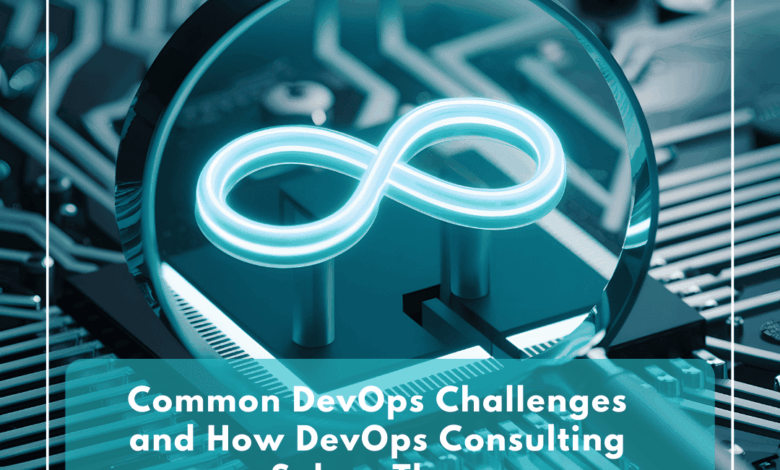
AI has changed the perspective and redefined how we create, think, access & experience open education resources (OERs).
OERs, by their true nature, are accessible, openly licensed instructional materials. The integration of AI in open educational resources has made learning seem more personalized, dynamic & interactive than ever before.
Introduction to The New Era in Educational Content Delivery
For many years, OERs have championed the idea of democratizing knowledge and breaking down barriers in education. Despite free access, challenges such as limited content discoverability, lack of customization, and minimal interactivity remain. This is precisely where artificial intelligence in education steps up.
AI’s ability to process vast amounts of data, understand complex patterns & generate new content is creating unprecedented opportunities for the future of educational content delivery.
Imagine an OER adapts to your learning style, & offers real-time feedback & even anticipates your knowledge & skill gaps.
The Transformative Benefits of Artificial Intelligence in Education
The benefits of artificial intelligence in education are multifaceted, especially when it is applied to the delivery of OREs:
- Customized Learning Paths
AI can analyze a student’s performance, preferences & progress to recommend tailored OER content, exercises, and alternative explanations. It means that students are no longer confined to a one-size-fits-all curriculum but might receive a learn-by-doing journey, especially customized for their needs.
- Enhanced Content Discovery & Curation
The sheer volume of OERs available can be overwhelming. However, the AI algorithms may act as intelligent curators, sifting through the vast libraries. They can recommend relevant, high-quality resources based on the user’s query, learning goals & current context. This significantly improves the discoverability & usability of the OERs.
- Intelligent Tutoring & Feedback Systems
AI provides instant, automated feedback on assignments, quizzes & even open-ended questions. Therefore, this immediate reinforcement is important for effective learning. In the meantime, the AI chatbots work as virtual tutors answering students’ queries 24/7, offering explanations and immediate feedback.
- Automated Content Creation & Adaptations
AI tools can assist you in generating the latest OER content, summarizing existing materials, or translating resources into different languages. It vastly increases the speed & scale of OER development. This means more diverse & accessible educational content for a global audience.
- Improved Accessibility
AI can help you convert OERs into various accessible formats for learners with disabilities, including text-to-speech, sign language translation, or even visual descriptions for images, truly embodying the new open aspect of open education resources.
The Ever-Evolving Role of Artificial Intelligence in Education Delivery
The role of artificial intelligence in education is shifting from mere automation to intelligent augmentation. In the context of OERs, AI enhances rather than replaces human educators & content creators. Here’s what it does:
- Focusing on High-Radar Tasks
Many educators can prioritize their time on complex problem-solving, customized mentorship & foster decision-making skills, with the help of AI content suggestions.
- Content Update & OERs
With AI stepping out in the world of education, it can help you with the outdated information or areas where your content needs improvement based on learner feedback & performance data.
- Scale Learning Experiences
The AI-driven OER delivery platform supports millions of learners simultaneously, offering both high-quality, & personalized education at an unprecedented scale.
However, this particular integration platform is quite visible in AI in e-learning platforms, where intelligent dashboards, adaptive assessments, & recommendations are becoming more & more standard features, making the learning procedure even more effective.
Preparation For the Future: AI Skills For Students
AI has continued its way into educational delivery & virtually every industry. Therefore, acquiring foundational AI skills is no longer just for data scientists. It has become a key domain to establish your digital literacy.
Explore AI online courses & equip yourself with the essential knowledge. These courses can easily demystify AI, covering topics including machine learning fundamentals, natural language processing, to the application of AI in various fields, including education.
Learning more about AI helps an individual with countless career opportunities in a rapidly AI-driven world.
Concluding Thoughts
AI in open educational resources allows an individual to create a more customized, engaging & universally accessible learning environment. It’s redefining how OERs are discovered, delivered, and experienced. It enables a more dynamic, personalized, and effective approach to open education.
As the educational landscape continues to evolve, AI-driven OERs will not only complement traditional teaching methods but also expand opportunities for lifelong learning. Students, educators, and institutions that adopt these technologies early will be better positioned to navigate the demands of a knowledge-driven economy.
Moreover, the synergy of AI and OERs has the potential to close critical gaps in accessibility, affordability, and inclusivity, making quality education available to learners across the globe, regardless of socioeconomic background. By integrating adaptive learning systems, intelligent tutoring, and real-time feedback mechanisms, AI ensures that learning is not only more efficient but also more human-centered.
The future of OER delivery lies at the intersection of technology and human creativity. While AI enhances discoverability, personalization, and scalability, it is the role of educators, policymakers, and learners to shape how these tools are implemented responsibly. If harnessed thoughtfully, AI can transform OERs from static repositories into living ecosystems of knowledge that evolve with learners’ needs.
In essence, the collaboration between artificial intelligence and open education resources is not just about improving access to information, it’s about reimagining the way knowledge is created, shared, and applied in the real world. The coming decade may very well define how AI and OERs together reshape education into a more open, equitable, and future-ready experience for all.




